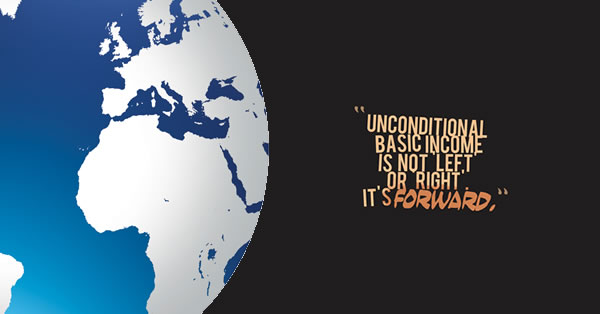There’s been a lot of debate this week about a basic income policy, and not all of it has been well-informed. Indeed some of it is pretty low level.
Quote from the New Zealand Herald March 24th:
“Last year I think we collected about $29 billion in taxes anyway, so you would literally have to ramp up taxes enormously … what you would be doing is paying huge amounts of money to those who actually don’t need it, and give less money to the people who really do. I just think as a system it is barking mad.” John Key
Well John, the number is actually closer to $80 bn or around 30-35% of GDP, pretty standard for a developed country. As for “not needing it” – as a defender of the most generous of all benefits, the universal largesse of NZ Super you’re hardly allergic to benefits that are not needed.
Anyway, rather than get distracted by the PM’s loose and politically-driven response, perhaps a few basic facts about the current tax and welfare system seem might keep the discussion sane.
1. Around $40bn is collected in income tax every year from companies, investors and employees. Any international comparison of the tax burden here versus other developed countries will demonstrate ther’s nothing sacrosanct about that amount. Of course it very much depends what is done with the tax collected that determines whether it’s a value-add or not. Cost accounting only gets you so far as Muldoon found out.
More importantly, the current tax policies overseen by Mr Key’s government are intended to collect a lot more tax than they do – unfortunately they’re designed and implemented badly . Not everybody who has a stake in this economy and enjoys what it provides is paying into the tax pool – some very large overseas companies are obvious tax shirkers to give just one example. Just delivering on the intention implicit in the government’s own income tax policies would boost revenue substantially – by at least 20%, presumably something Mr Key would like to see – unless he’s a champion of institutionalising tax dodges.
2. New Zealand already has a universal basic income for 686,000 people and it is regarded around the world as an overly generous income support policy. It’s cheap to administer, no-one falls through the cracks and it does not discourage individual effort. It’s known as New Zealand Super and it pays each individual on average nearly $18,000 a year after tax – that’s $346 a week, the highest benefit on the books. Superannuitants are free to add to that by working, by collecting interest, by collecting rent without their $18k being at risk – and they never need step foot in WiNZ. No surprise that we have one of the healthiest, happiest elderly populations in the world.
3. Already around working 230,000 families, not customers of WiNZ, get substantial tax-funded welfare payments that are close to a universal basic income in concept. Given the majority of these are couples with kids, that’s at least 300,000-plus working adults already supported by something close to a UBI. The average payment per family is around $6,700 per annum after tax ($80 per week per parent for a two parent family).
The recipients of these Working for Families payments face relatively few conditions – they have to work the minimum number of hours and not earn very much. There is no asset test, no ‘good character’ requirement, no need to attend intensive ‘work ready’ or ‘better budgeting’ programmes. The problems with the policy are numerous: the payment is low, the conditions attached to the policy trap people in poverty (as they begin to earn more, they have to hand Working for Families payments back) and administering the policy is a significant drain on IRD resources. A basic income policy is free of these problems and significantly lightens the administration load.
4. Over 300,000 adults receive a benefit from WiNZ. This payment comes with a host of demoralising conditions and an incredibly expensive administrative regime.
‘Set and forget’ is no more acceptable in economic policy than it is in business. It is important to constantly review and adapt policies as need be. And this is particularly true of tax and welfare policy. Consecutive governments have always intended to collect tax in a fair way but policies have become increasingly ineffective. Over 1.2 million adult New Zealanders – one-third of the adult population – currently receive income support through a myriad of complex welfare policies with uneven conditions and payment levels.
Surely the responsible thing is to carefully and continually review these policies in an informed way? We all know that Working for Families is a reminder that the market now cannot provide sufficient income for all. It’s already recognised that the working poor in the paid workforce are are a significant number of New Zealanders.
Article by Gareth Morgan and Susan Guthrie. Authors of The Big Kahuna: Turning New Zealand’s tax a welfare system on its head

